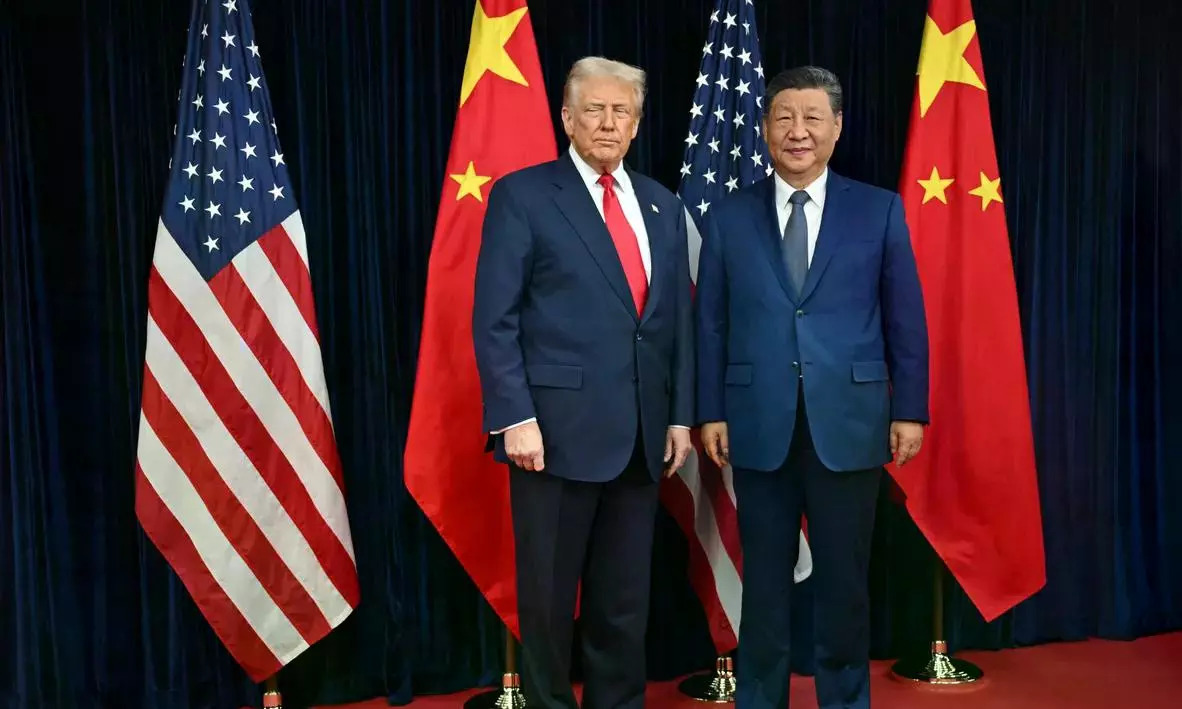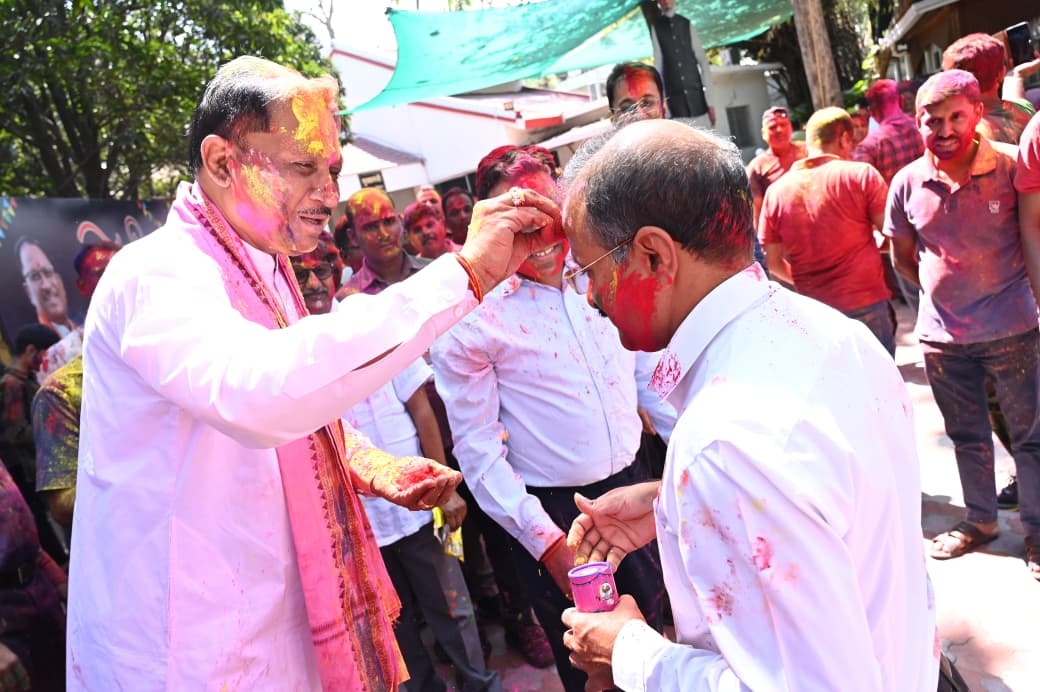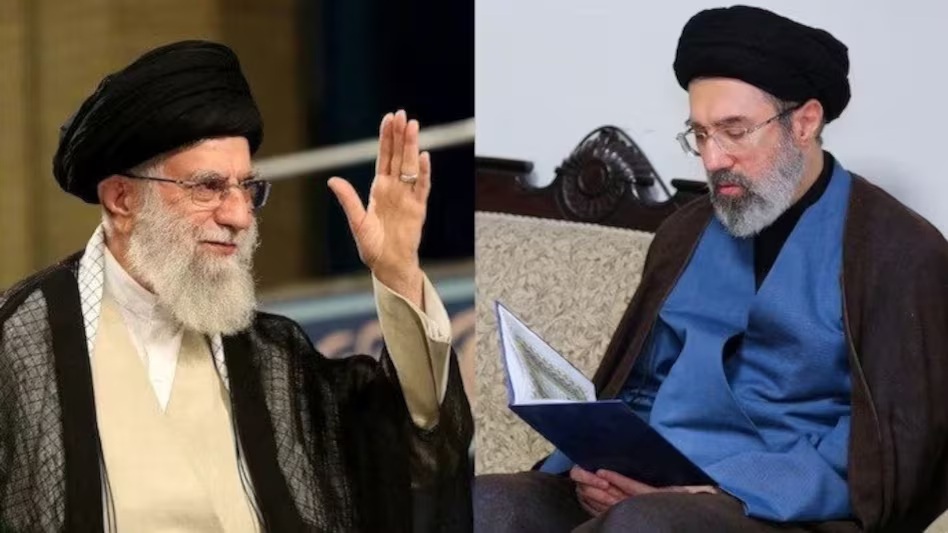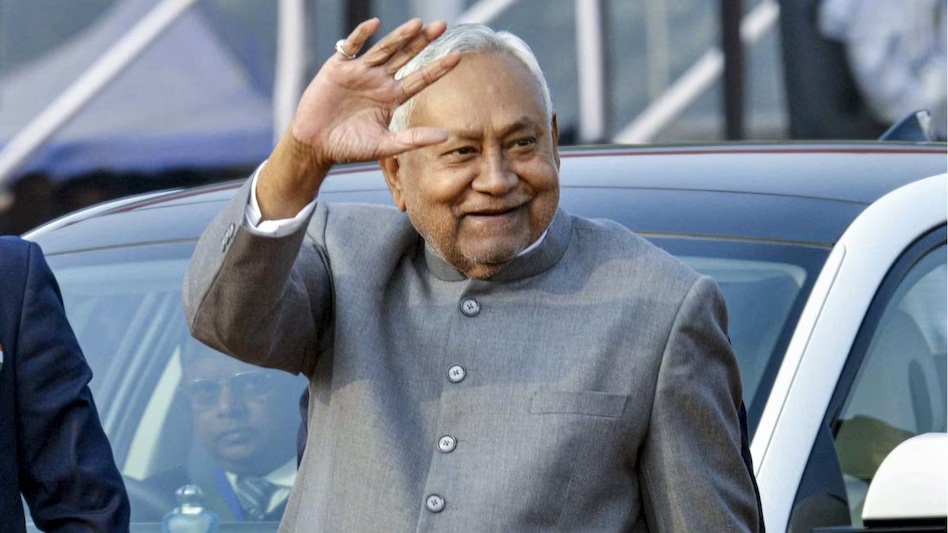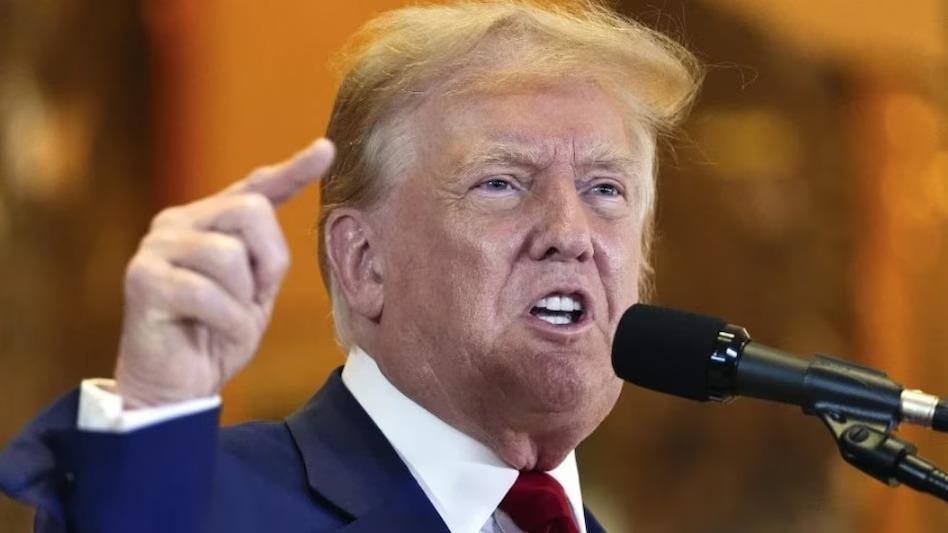
America’s newly elected President Donald Trump. (File photo)
The sentence will be pronounced on January 10 in the hush money case against the newly elected US President Donald Trump. Trump is accused of giving money to a porn star and asking her to keep quiet. In this case, Trump will have to appear in court for the hearing.
America’s newly elected President Donald Trump (78 years) is facing a big crisis before taking oath. Trump will have to appear in court for hearing in the case of paying money to a porn star to keep quiet. The court will pronounce the sentence on January 10. During this time Trump will have to appear in court himself. However, the judge has indicated that he will not go to jail.
This court order has come less than two weeks before he is to be sworn in as President. Trump will take oath as US President on January 20. Earlier, Trump had rejected the allegations of paying money to the porn star and called it a political conspiracy.
New York judge Juan Marchan indicated that he would not sentence Trump to jail or fine him, but would give him ‘conditional release’. He also wrote in his country that the newly elected president can appear for the hearing in person or virtually.
What did Trump’s team say?
In a statement, Trump’s spokesman Steven Cheung said, no punishment should be passed in this case. Cheung said, this lawless case should never have been brought and the Constitution demands that it should be dismissed immediately.
Earlier, Trump had argued to dismiss the case against him, saying that he had won the presidential election. His team had criticized the judge’s decision to proceed with the punishment. Trump’s defense lawyers had argued that this case hanging over him while he is in office would hamper his ability to govern.
At the same time, Justice Merchan rejected Trump’s motion to dismiss the case due to his victory in the presidential election and announced the date for sentencing. Merchan wrote that bypassing the jury’s decision would weaken the rule of law immeasurably. Merchan wrote in the order, “Given the defendant’s status as the elected president, there is no need for a strict and ‘rare’ exercise of the court’s authority to grant the motion to dismiss the case.”
![]()

